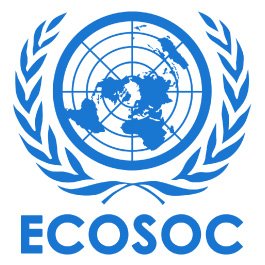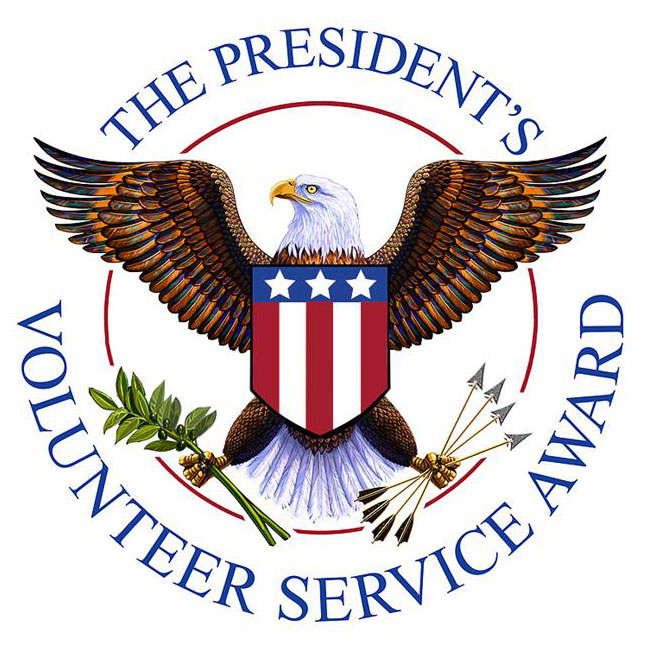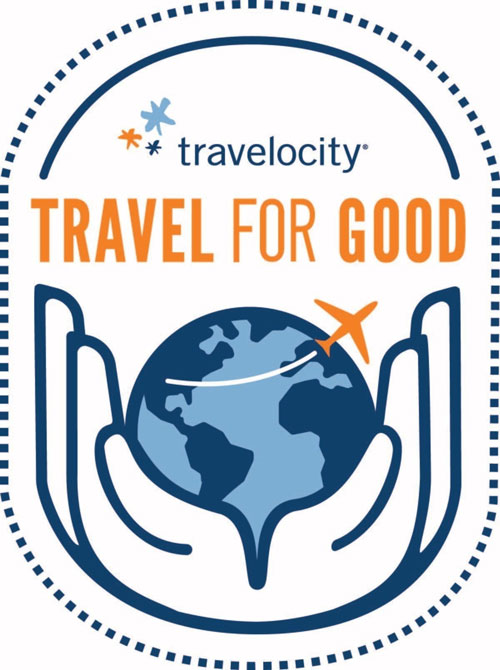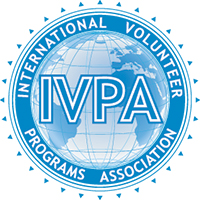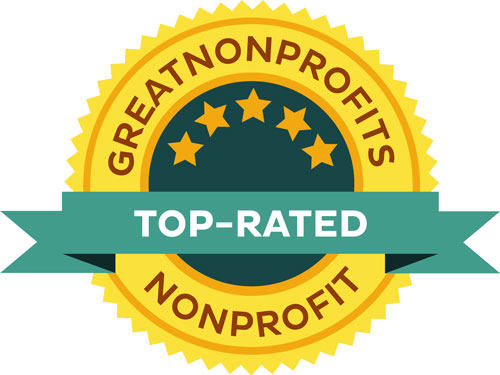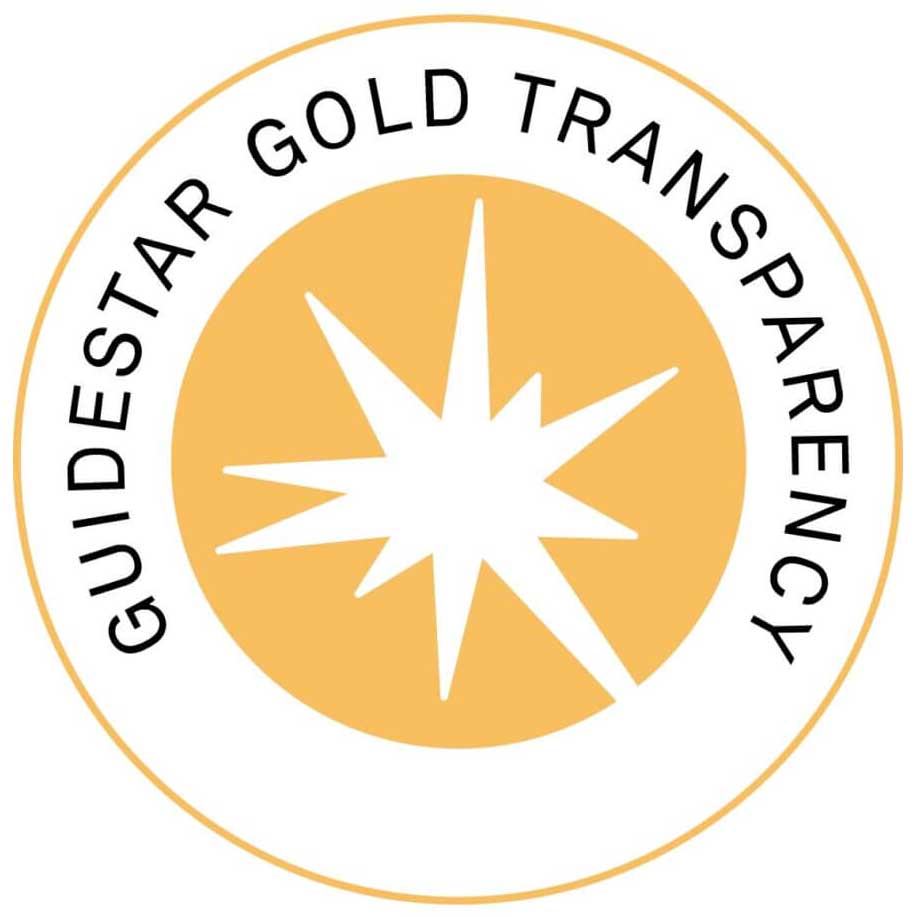If you suffer from pandemic-related anxiety, traveling in many ways is a highly enjoyable treatment for anxiety. Globe Aware volunteer vacations are structured one week programs, so you can make an impact and enjoy your time abroad, and leave your anxieties behind.
Do You Feel Like You Have Pandemic Anxiety? Travel Could Actually Be Good
By Judith Fein
April 28, 2021
When traveling, you immerse yourself where you are. You are in the present, the now. That is where healing from anxiety takes place.
If you or anyone you know—or, perhaps everyone you know–suffers from pandemic-related or generalized anxiety, you probably check often to see what the local and federal experts recommend for travel. Sometimes their statements relieve anxiety and inform you that, post-vaccination, you can travel as soon as you can purchase a ticket. Other times, you reach through the hair you haven’t washed for a week and scratch your head in confusion: It’s safe to fly internationally, but they don’t recommend you do so?
While the messaging might be confusing, what’s clear is this: If you decided to hit the road, you will discover the many ways that travel is a highly enjoyable treatment for anxiety.
So, You Have Pandemic-Induced Agoraphobia?
You followed the guidelines and stayed home. You were part of the collective army that de-mobilized to fight the virus. But now, alas, you are afraid of leaving the house. Before, you may have had FOMO (fear of missing out) but now you have FOJI (fear of joining in). You feel secure within the confines of your own dwelling and have figured out the perfect lighting for Zoom calls. But how will you interact with other humans in person? The idea frightens you.
In my experience, you can’t make fear go away–it’s not a laundry stain you can eliminate with a few spritzes, it’s a habit of thinking that must be replaced by something else. In this case, travel is the “something else.” It pulls you out of your daily life by engaging you with new people, sites, foods, customs, and information. You are fascinated, rather than fearful. In the famous poem by T.S. Eliot, The Love Song of J. Alfred Prufrock, the protagonist asks the question: “Do I dare to eat a peach?” In your case, your biggest concern is that you will miss tasting the regional peach pie specialty, or you won’t be able to choose between all the mouth-watering local specialties on each restaurant menu.
If you look over your shoulder, you barely remember when you were afraid to see people. Now you are fascinated by the local music and excited when you meet a musician who invites you to a jam. You enroll in a cooking class and make a perfect paella. You go horseback riding on a beach. You visit the house where your grandmother or great grandfather grew up and are moved to tears.
While you have to remember to abide by local pandemic recommendations, you get to be emotionally free as you emerge yourself in your destination.
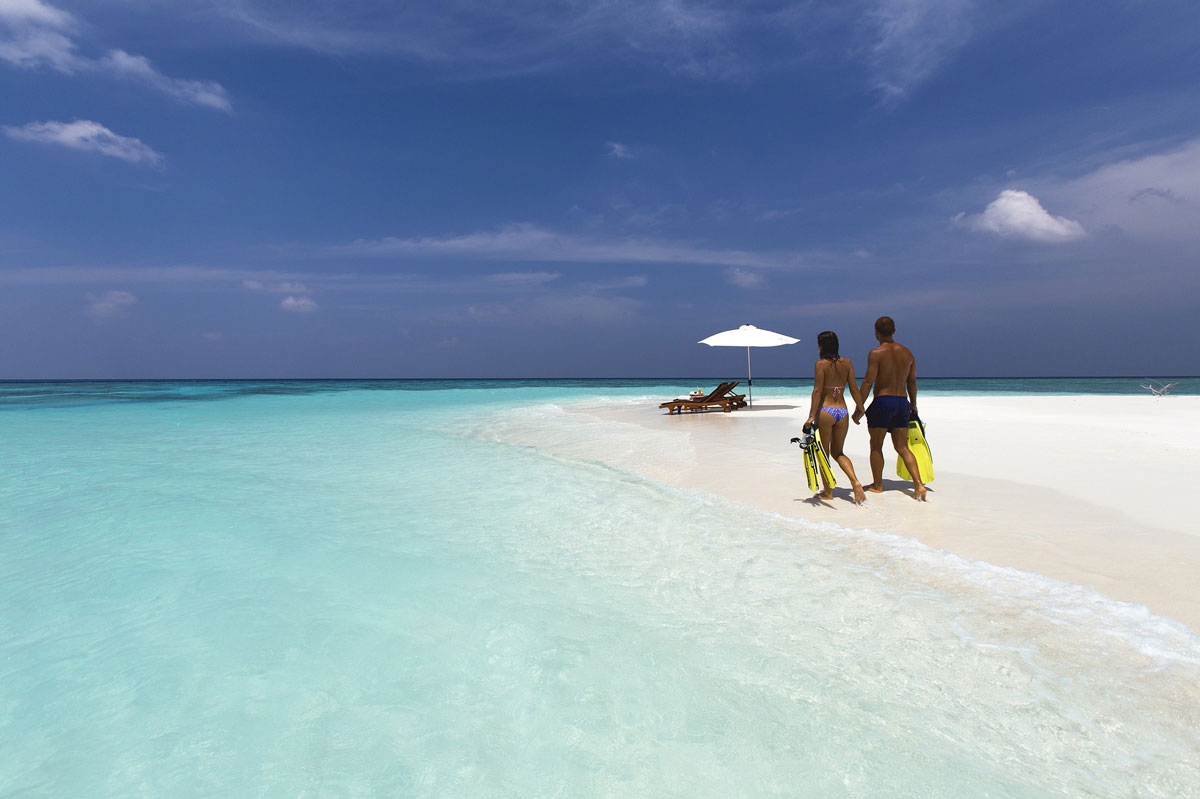
Pandemic Has You Feeling Out of Control?
Few things create more anxiety than situations where you have no control. Maybe your nasty, Napoleonic boss controls the purse strings and you have to put up with it because you can’t pay the bank that holds your mortgage or a landlord who holds your lease with a tale of workplace woe. The only control you have is when the workday ends, or when you stop thinking about how frustrating it was. Or perhaps your computer is like a stubborn child, and no one can figure out how to stop its tech tantrums. There is nothing you can do about it because you were born without the tech gene. Or worse, you cannot tolerate heat, and the planet is sizzling as we speak.
When you travel, the things that are out of control lead to adventures. You can’t get into your restaurant of choice, but you find a fabulous mom-and-pop eatery and the owners befriend you. It’s your discovery, not something you read about and now you get to stop other visitors to tell them about it. Or you ogle the clothes in the shopping district, and the prices are, to put it politely, gouging. Then a waitperson tells you about a cool market where locals shop for colorful, unique ethnic clothes at great prices.
You’ll be delighted by how many times in the course of a traveling day you are in control of the experience. And your nervous system will thank you.
Fortune-Telling Anxiety
If we are honest with ourselves, we spend a lot of time worrying about what will happen next month, next year, tomorrow, or in the next hour. Fortune telling or, rather, not being able to tell the future, is the BFF of anxiety. Anxiety is a hungry beast that feeds on your thoughts about the future.
When you are traveling, if you keep an open heart, eyes, and ears, you get excited because you can’t know the future. A local or fellow traveler invites you to a little-known festival, party, family dinner, or unusual tour which takes you to eateries that may not even have an official address or sign on the door. You look forward to the experiences rather than dreading the unknown.
When you go to Muslim Arab countries, you may hear people say, “Inshallah” (“God willing”) any time someone refers to the future. “Would you like to meet me for tea?” you inquire. The answer is a smiling, “Inshallah.” You ask your guide what time she will meet you the next morning. “Inshallah, 9 o’clock.” It’s a cultural acceptance of the fact that if God wills it, it will happen. Yes, your new friends and acquaintances and guide want to join you for tea or intend to meet you at nine, but there is room for Divine Intervention in the plans.
At first, you may be confused or frustrated, but then you relax into the humility of accepting that the unknown future is part of life.
The Gnawing Anxiety of Issues at Home
You have spent so much time at home, and your world has been so circumscribed and limited that everything takes on importance and even keeps you up at night. Your kid hasn’t learned enough online. Your computer has been slowing down. You’ve been buying so much online that your credit card was hacked. The furniture looks tired and needs to be replaced. Your best friend refuses to wear a mask. Your old back injury has flared up, and the more you focus on it the more discomfort you have. But you can’t stop thinking and worrying about it.
When you are traveling, after a day or so, you stop sending agitated texts and emails and forget about the daily issues at home. You immerse yourself where you are. You are in the present, the now. That is where healing from anxiety takes place. This is the miraculous zen of travel.
Me, Myself, and I
If anxiety is your companion and enemy, you know very well that it feeds on self-involvement. You become afraid of the anxiety, and the more you focus on it, the more liberties it takes with your life. You worry about your health, your financial state, your future. You are alert to every twitch and twinge of discomfort. If you only sleep a couple of hours one night, you imagine you have chronic insomnia. You look in the mirror and think you look awful. After a phone conversation, you are sure you said the wrong thing. You worry that people don’t like you. You are angry with your friend, and then angry with yourself for not talking to him about why you are angry.
Your world revolves around yourself and your feelings, and anxiety does a happy dance to have you in its thrall.
But when your plane takes off, you become lifted out of yourself. When it lands, you focus on where you are, the architecture, language, museums, nature, restaurants, and the other travelers who are staying at your Airbnb or hotel. The stimulation is the cure. And when you are out of yourself, anxiety does a sad dance because you have slipped out of its control.
Talking About the Pandemic
The pandemic and Colonel Coronavirus have likely hijacked your conversation. You talk with everyone about anything pandemic-related. Someone tells you about a new side effect. You read about long haulers who got the virus and rising cases. Other countries are locking down again.
Do you notice that the more information you get, the more it feeds your anxiety? Does it make you feel calm to think that the enemy virus lurks at the perimeter of your life and can infiltrate at any time?
Here’s the good news for those who choose to travel to foreign countries. You can’t discuss the virus with people who only speak Serbo-Croatian, Urdu, or Swahili. You can check the internet once or twice a day to make sure you and yours are still alive and to get the lay of the COVID land, but then you will be forced to talk about other things.
Before You Go
Whenever you decide it’s safe enough to travel, expect to have a certain amount of anxiety. You’ve accumulated a lot of things to worry about before and during isolation. Don’t fight it. Use whatever strategies you have to push the concerns out of your mind but, if you can’t, just accept that they are temporarily unavoidable. Shrug and let them do their thing while you do your thing—packing, checking on your flight, making sure you have your debit card.
Freedom is on the horizon.
